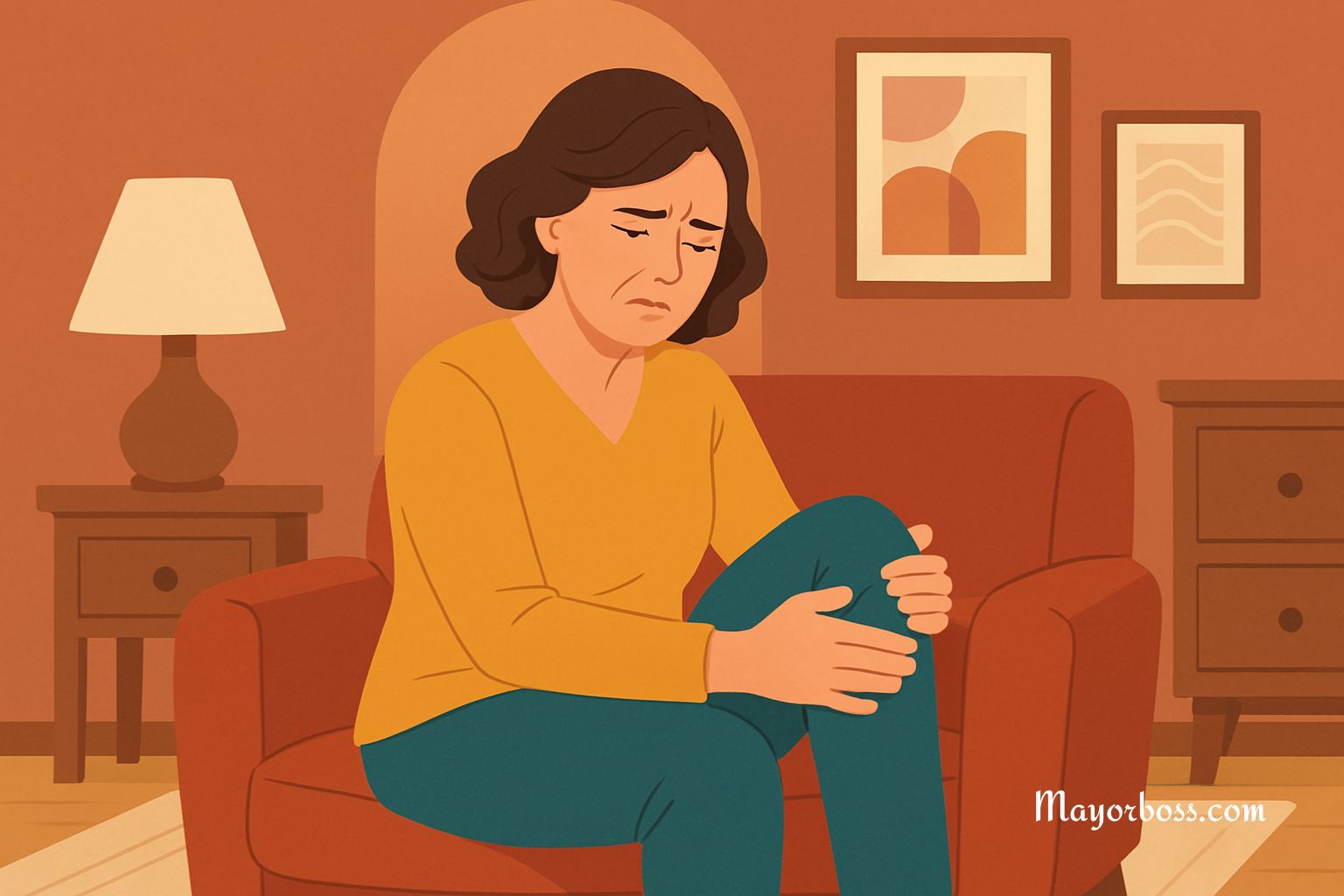Early Symptoms That May Point to Autoimmune Diseases
Autoimmune diseases are health conditions that happen when the immune system, which normally protects the body from infections, mistakenly attacks healthy tissues. This can typically lead to inflammation, tissue damage, and problems in one or more organs.1
There are over 80 known autoimmune conditions2. Some are mild. Others are serious. Catching them early is important because treatment can help slow their progression and ease symptoms.
Here are some of the most common early warning signs that may point to an autoimmune condition.

1. Ongoing Fatigue
Fatigue is one of the most frequent early signs of autoimmune disease. This isn’t just regular tiredness after a long day. It’s a deep, persistent exhaustion that doesn’t improve with rest or sleep. You may feel wiped out even after a light activity. Autoimmune fatigue can interfere with work, social life, and daily tasks.3
2. Joint Pain or Stiffness
Painful, stiff, or swollen joints—especially in the hands, knees, or wrists—may signal rheumatoid arthritis or lupus.4 The discomfort often shows up in the morning and lasts for an hour or more. Even if there’s no visible swelling, the sensation of stiffness and tenderness could be an early red flag.
3. Skin Changes
Unexplained rashes, skin redness, dry patches, or skin that reacts to sunlight may be related to autoimmune disorders like lupus, psoriasis, or dermatomyositis. If your skin symptoms keep returning or don’t respond to regular creams or treatments, it’s time to ask your doctor about further testing.
4. Digestive Issues
Some autoimmune diseases affect the gut. Ongoing bloating, diarrhea, constipation, or abdominal pain could be linked to conditions like celiac disease or Crohn’s disease. These symptoms may get worse after eating certain foods, especially gluten or dairy. If you notice patterns in your digestion, take note and share them with your doctor.
5. Recurring Fevers
Mild fevers that come and go without a clear reason can be an early sign of inflammation inside the body. These low-grade fevers may not feel serious at first, but if they persist, they could be related to an autoimmune process.
6. Numbness or Tingling
Autoimmune conditions that affect the nerves—such as multiple sclerosis (MS) or Guillain-Barré syndrome—may cause numbness, tingling, or a “pins and needles” feeling in the hands, feet, arms, or legs. If these sensations occur frequently or get worse over time, it’s important to get evaluated.
7. Hair Loss
Unexpected hair thinning or patchy hair loss may be an early symptom of lupus, alopecia areata, or thyroid-related autoimmune disease. Hair may fall out in clumps or become noticeably thinner over time. If your hair is shedding more than usual, don’t ignore it.
8. Brain Fog
Many people with autoimmune conditions report “brain fog.” This includes problems with memory, focus, and mental clarity. You may feel like you’re forgetting simple things or having trouble processing thoughts. If brain fog becomes common and affects daily tasks, it could be a sign that something more serious is going on.
9. Swollen Glands
Lymph nodes under your jaw, in your neck, or under your arms may feel tender or swollen. This is often your body’s response to inflammation or infection, but if the swelling lasts for several days or returns often, it may point to an autoimmune issue.
10. Cold Hands and Feet
If your fingers or toes often turn white or blue in response to cold or stress, you might have Raynaud’s phenomenon. This condition can occur on its own or as part of autoimmune diseases like scleroderma or lupus. It happens because small blood vessels temporarily spasm, limiting blood flow.
When to See a Doctor
If you experience more than one of these symptoms—especially if they don’t go away or they come back often—it’s time to talk to your healthcare provider. Write down what you feel, when it started, and how it affects your daily life. This information helps doctors see patterns that might point to an autoimmune cause.
Getting the Right Diagnosis
Diagnosing autoimmune diseases can take time. There’s no single test that confirms them. Your doctor may order blood tests, check for inflammation, review your family history, and refer you to a specialist. Rheumatologists, endocrinologists, or neurologists may be involved, depending on your symptoms.
